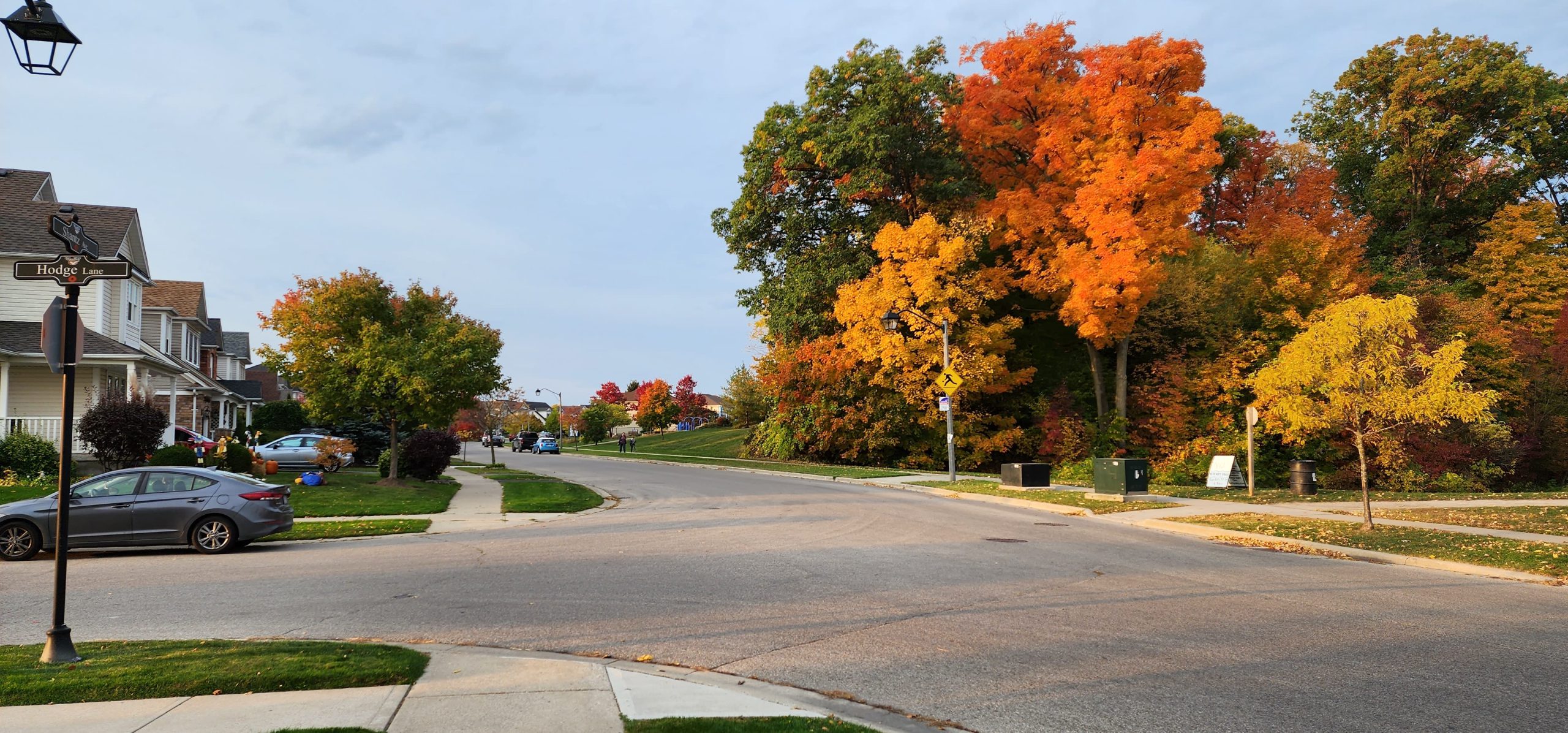
System Upgrade in Progress! We’re improving how we manage course registrations to serve you better. During this transition, beginning August 8th, online registration will be temporarily unavailable — but you can still register using our PDF forms located here.
Thanks for your patience and support!

System Upgrade in Progress! We’re improving how we manage course registrations to serve you better. During this transition, beginning August 8th, online registration will be temporarily unavailable — but you can still register using our PDF forms located here.
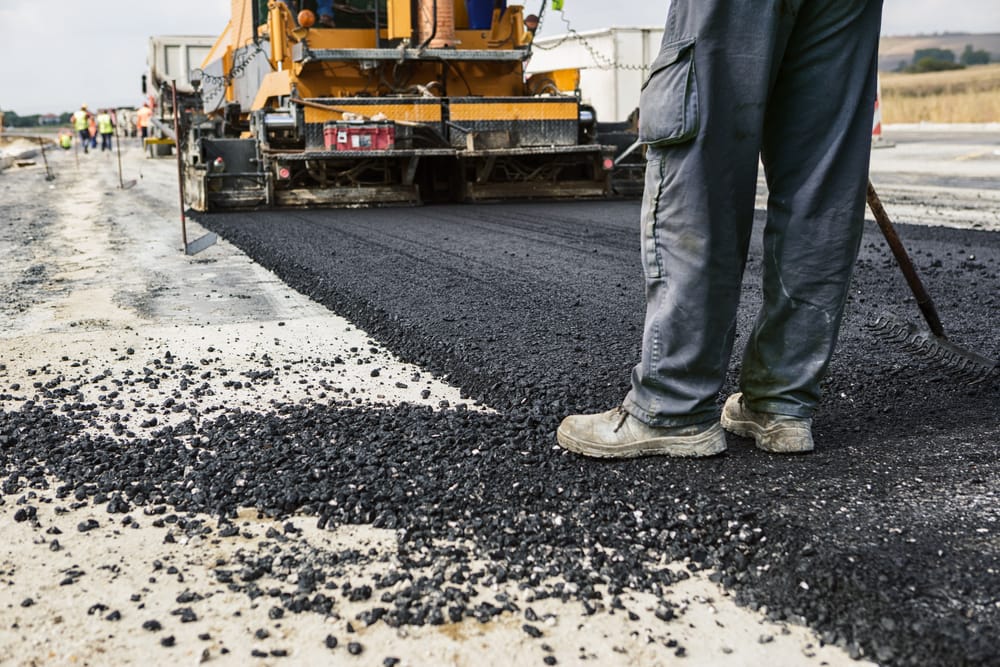
Familiarizes you with material and equipment specifications, inspection techniques, testing and construction practices pertaining to flexible pavement construction.
Course Content
- Fundamentals of bituminous products
- Testing bituminous products
- Aggregates in bituminous construction
- Mix design
- Asphalt plants
- Hot mix paving
- Hot mix compaction and segregation
- Hot mix testing and analysis
- Warm Mix Asphalt
- Surface treatment
- Pavement deficiencies
- Pavement maintenance and rehabilitation
- New developments
- End result specifications
- Field trips
Who Should Attend
Engineers and Construction technicians/technologists responsible for the inspection/testing of flexible pavement construction, surface treatments and production of hot mix aggregates.
Prerequisites
- Minimum one year related field experience in flexible pavement construction
- Completion of the General Inspection (TM32) and Scott McKay Soils Technology (TM33)
- Exposure to asphalt laboratory testing or field experience in paving would be an asset
Evaluation Process
Passing Grade: 60%. Case studies and final examination
Accreditation
This course is recognized by:
- This course qualifies as a “specialized course” for the Association of Ontario Road Supervisors (AORS) Certified Road Supervisors – Intermediate level (CRS-I) certification
- OACETT=This course may be used for technical specialist, technician, and technologist programs. Point Value = 10
- The Engineering Institute of Canada awards 7 Continuing Education Units to this course.
Register online or send to register@goodroads.ca or fax to 289-291-6477
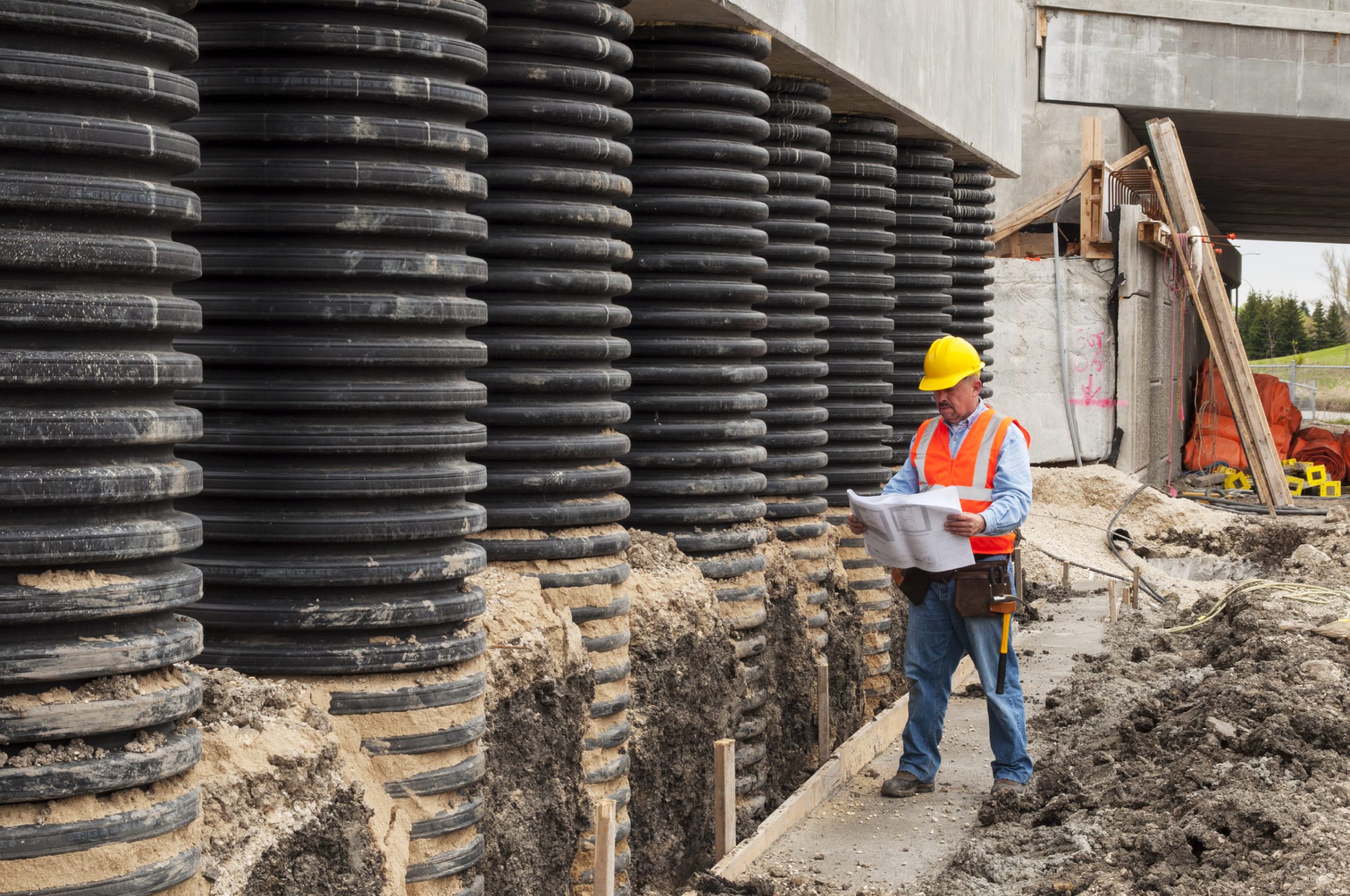
Introduces the basic practices related to the municipal inspection of sewer, watermain and road construction projects. The focus of this course is municipal projects, MTO projects/procedures are not covered.
Course Content
- Contract documents
- Plan reading
- Role of the inspector
- Sewer and watermain construction
- Record keeping
- Safety
- Construction/field calculations
- Traffic control
- Concrete and asphalt
- Soils
- Construction and the environment
- Field trip
Who Should Attend
Inspectors with a significant portion of their job duties related to the inspection of sewer and watermain installation and road construction.
Recommendations
Recommended introductory course for Scott McKay Bituminous Technology, Scott McKay Concrete Technology, and Sewer & Watermain Construction Inspection.
Evaluation Process
Passing Grade: 60%. Comprehensive final examination. Some evening work may be required to complete assignments.
Accreditation
This course is recognized by:
- This course qualifies as “specialized course” for the Association of Ontario Road Supervisors (AORS) Certified Road Supervisor – Intermediate level (CRS-I) certification program.
- OACETT – This course may be used for technical specialist and technician programs. Point Value = 5
- The Engineering Institute of Canada awards 3 Continuing Education Units to this course.
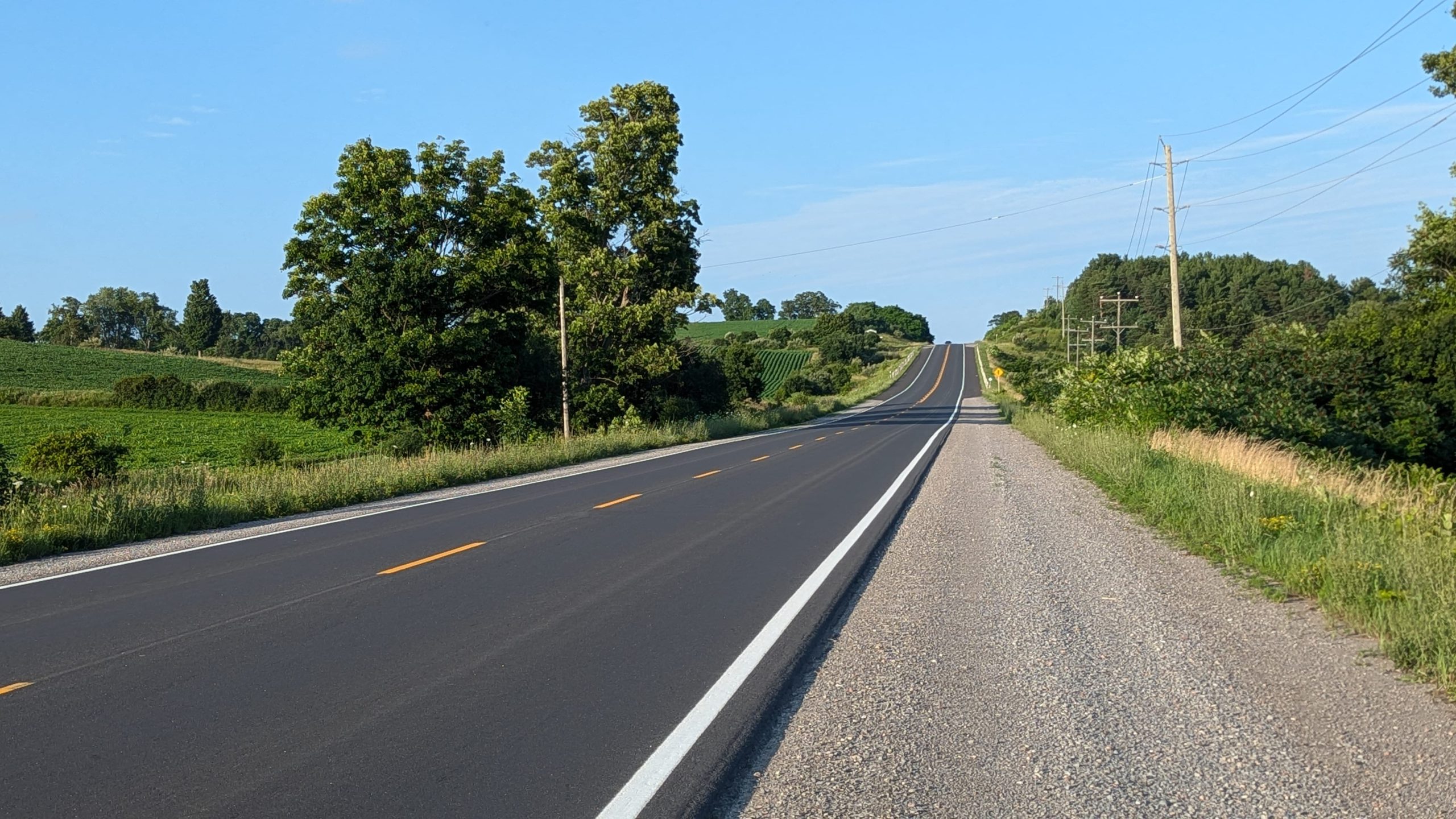
Provides you with the tools necessary to assist in the design of safe and efficient roads.
Course Content
• Vertical alignment
• Sight distances
• Highway safety
• Horizontal alignment
• Pavement drainage and frost action
• Pavement design
• Superelevation
• Automated design
Who Should Attend
Those who are entering or who have experience in the field of road design and wish to reinforce or broaden their knowledge of fundamental highway design principles.
Prerequisites
• Basic knowledge of design principles, standards and engineering procedures.
• The ability to manipulate equations such as: L= π/180 X ∆ X R (to solve for all variables)
Participants will find it beneficial to review the following publications prior to the course:
• MTO Geometric Design Standards for Ontario Highways, Chapter C-Alignment
• MTO Roadside Safety Manual
• TAC Geometric Design Guide for Canadian Roads (updated 2017)
Evaluation Process
Passing Grade: 60%. Quizzes, projects, and comprehensive final examination
Accreditation
This course is recognized by:
- This course qualifies as an elective Tech/ Management course for the Association of Ontario Road Supervisors (AORS) Certified Road Supervisors – Senior level (CRS-S) certification program
- OACETT=This course may be used for technical specialist, technician, and technologist programs. Point Value = 7
- The Engineering Institute of Canada awards 3 Continuing Education Units to this course.
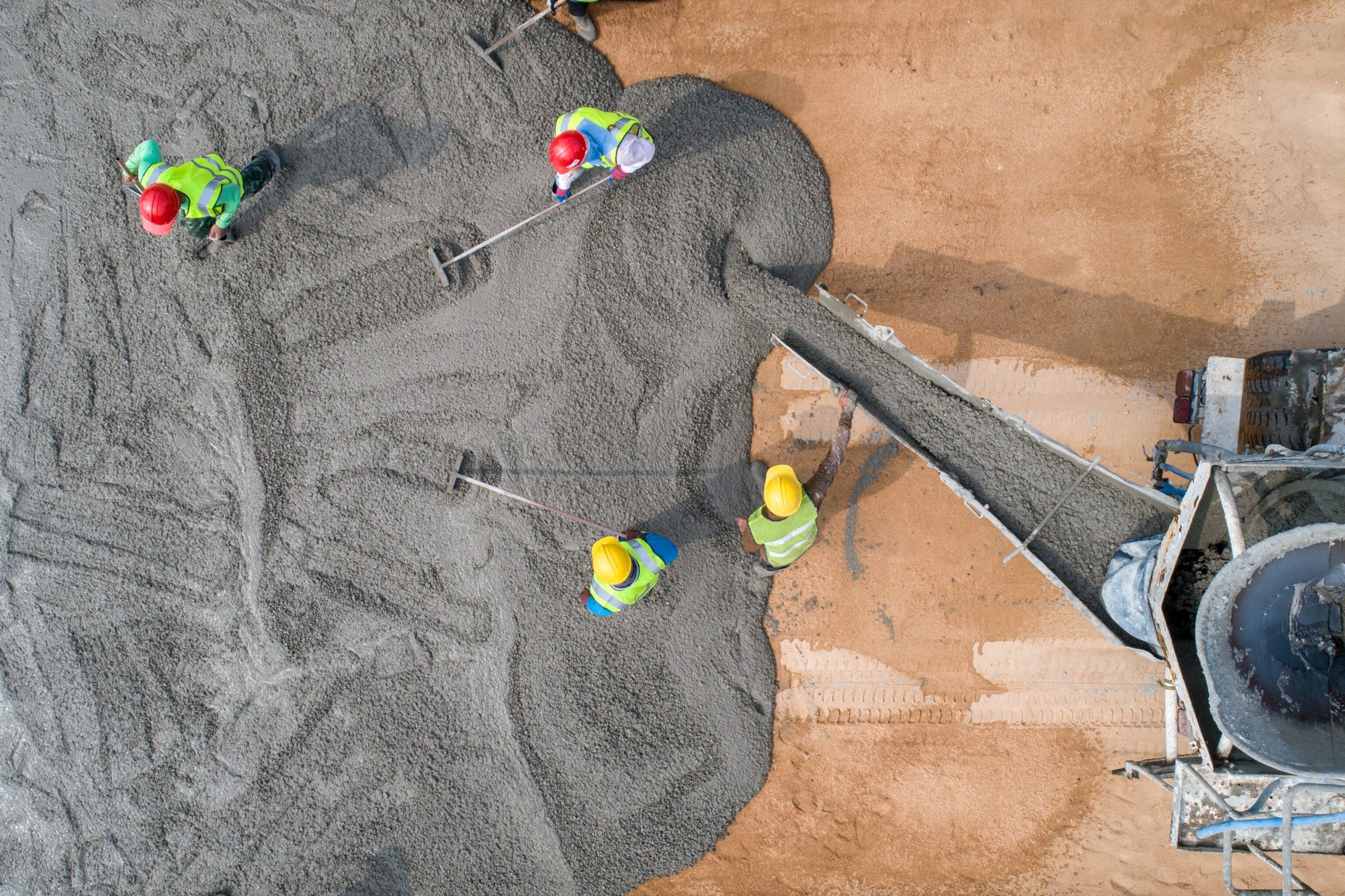
Course Content
- Cements and supplementary cementing materials
- Air entrainment
- Mix design
- Chemical admixtures
- Aggregates
- Field and laboratory testing
- Ready mix concrete
- Transporting, placing, consolidating and finishing
- Curing
- Pre-construction and pre-placement meetings
- Forms and falsework
- Reinforcing steel
- Curb and gutter, sidewalk and concrete barrier wall construction
- Hot and cold weather concrete
- Structure rehabilitation
- Relevant codes, standards and specifications
- Precast concrete products
- Concrete innovations
- Field trip
Who Should Attend
Those responsible for the construction, inspection, and/or testing of municipal concrete projects.
Prerequisites
Completion of General Inspection (TM32), familiarity with CSA A23.1 & 2 and OPSS No. 904 and 1350
Evaluation Process
Work assignments, case studies and comprehensive final examination. Group case studies and assignments are an integral part of the course and may require evening work.
Accreditation
This course is recognized by:
- Association of Ontario Road Supervisors
- OACETT= This course may be used as credit in all exam programs including technical specialist, technician and technologist programs. Please contact OACETT to ensure that this course satisfies your particular examination program for certification. Point Value = 10. For individuals who receive ACI certification after completing this course, you will be allowed two (2) further point credits for a total of (12) twelve points.
- The Engineering Institute of Canada awards 3.5 Continuing Education Units to this course.

Familiarizes you with the common soils and aggregates used in municipal infrastructure construction including the basics of roadbed design, drainage and pavement structures. You will be able to identify numerous roadway performance problems and solutions.
Course Content
- Origin of soils
- Glacial geology
- Soils identification
- Flexible pavement design
- Laboratory testing
- Interpretation of lab test results
- Sewer, culvert, and structure backfill
- Random testing
- Construction pratices
- Frost action and transition point treatments
- Construction and the environment
- Geotextiles
- Lab Field Trip
Who Should Attend
Individuals involved in construction, inspection, pavement design or maintenance programming.
Prerequisites
Previous involvement with soils and/or road work will be an asset.
Evaluation Process
Passing Grade: 60%. Case studies, quizzes, and work assignments, and comprehensive final examination
Accreditation
This course is recognized by:
- This course qualifies as a “specialized course” for the Association of Ontario Road Supervisors (AORS) Certified Road Supervisors – Intermediate level (CRS-I) certification program.
- OACETT= This course may be used as credit in all exam programs including technician specialist, technician and technologist programs. Please contact OACETT to ensure that this course satisfies your particular examination program for certification. Point Value = 10
- The Engineering Institute of Canada awards 3.5 Continuing Education Units to this course.

Offers an overview of major aspects of sewer and watermain installation from an inspector’s perspective.
Course Content
• Tender documents
• Inspector’s responsibilities
• Construction layout
• Geotechnical considerations, excavation & backfill
• Blasting
• Watermain design, installation & testing
• Disinfection of watermains
• Cathodic protection
• Dewatering
• Construction site safety
• Sanitary sewer design, installation & testing
• Demonstrations of installation and testing
• Environmental considerations
• Overview of trenchless technology
• Utilities
• Pipes & fittings
• Field Trip
Who Should Attend
Junior to intermediate level sewer and watermain construction inspectors.
Prerequisites
A basic understanding of sewer and watermain construction.
Evaluation Process
Examination and case studies
Accreditation
This course is recognized by:
- This course qualifies as a “specialized course” for the Association of Ontario Road Supervisors (AORS) Certified Road Supervisors – Intermediate level (CRS-I) certification program.
- This course may be used for technical specialist, technician, and technologist programs. Point Value = 7
- The Engineering Institute of Canada awards 3.5 Continuing Education Units to this course.

- Introduction to intersections
- Sight distance
- Design controls and criteria
- Tapers, auxiliary lanes and channelization
- Design project
Course Objectives
To introduce participants to the basics of designing new and retrofit urban and rural intersections.
Who Should Attend?
Analysts, designers, technicians, technologists, and engineers from public and private sector organizations involved in traffic operations, road design, maintenance operations, highway safety, and/or land development.
Prerequisites
Knowledge of engineering principles, especially related to roadway design; Road Design: Geometrics (TM30) is recommended.
Evaluation Process
Passing Grade: 60%
Accreditation
This course is recognized by:
- Association of Ontario Road Supervisors
- OACETT=This course may be used for technical specialist and technician exam programs only. Please contact OACETT to ensure that this course satisfies your particular examination program for certification. Point Value = 5
- The Engineering Institute of Canada awards 3 Continuing Education Units to this course.



